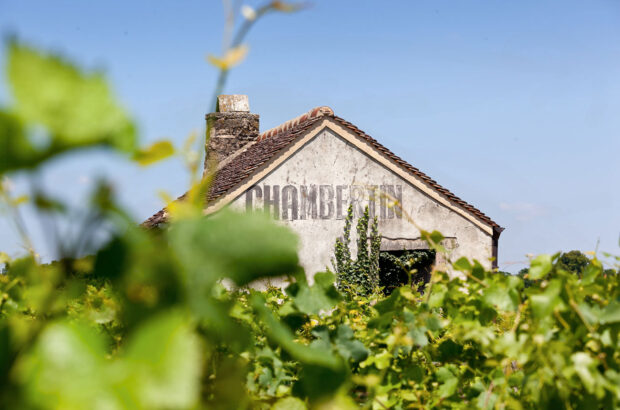A French court has ruled that newspaper articles on wines should be subject to the same health and safety guidelines as alcohol advertising and display health warnings.
A Paris county court ruled that an editorial piece in Le Parisien newspaper entitled ‘the triumph of Champagne’ could be constituted as advertising even if page space had not been sold.
The piece was published in the run-up to Christmas in 2005 and focused on major Champagne houses. It contained recommendations, stockist and price details, and profiles of marques. Its headlines included ‘Good and inexpensive’, ‘Champagne, the incontestable star of the party’, and ‘Four dream bottles’.
The court said that the article was ‘intended to promote sales of alcoholic beverages in excersising a psychological effect on the reader that incited him or her to buy alcohol’.
‘Any communication in favour of an alcoholic drink, such as a series of articles in favour of Champagne, constitutes advertising and is therefore subject to the public health code,’ said a spokesperson for the National Association for the Prevention of Alcoholism and Addiction (ANPAA).
The decision has stunned many journalists.
‘It’s absolutely extraordinary,’ said Dominic Ponsford, editor of UK-based industry journal, the Press Gazette. ‘The central tenet of journalism in a western democracy is that journalists can publish the truth as they see it without the interference of the government or an outside body, within the boundaries of libel and copyright.’
The court said that the article should have come with the health and safety disclaimer seen on all alcohol adverts in France: ‘Alcohol abuse is dangerous to your health’.
Although the paper argued that its report was a ‘purely editorial’ piece, it was ordered to pay €5,000 (£3,750) in damages to the ANPAA, which bought the case to court.
Written by Oliver Styles





